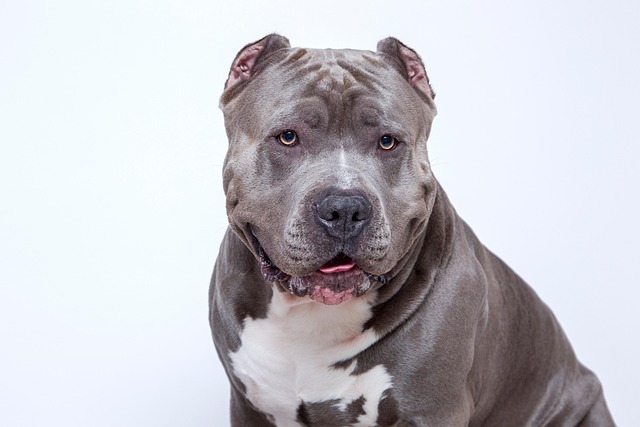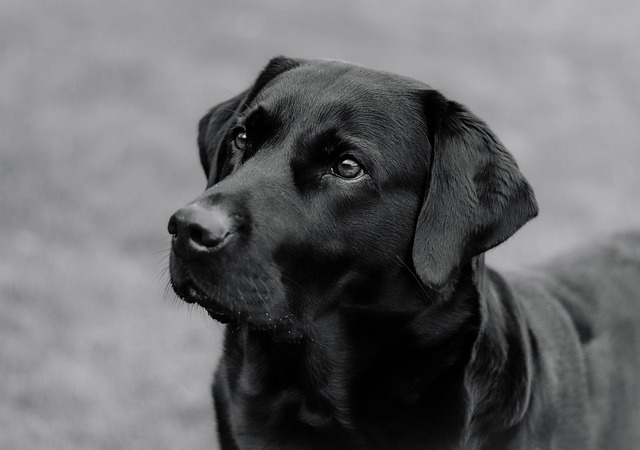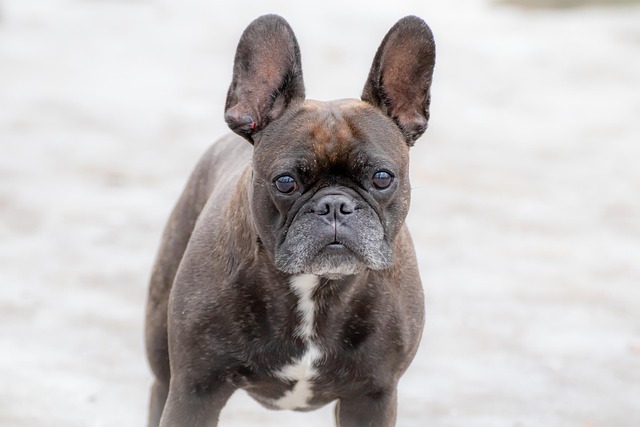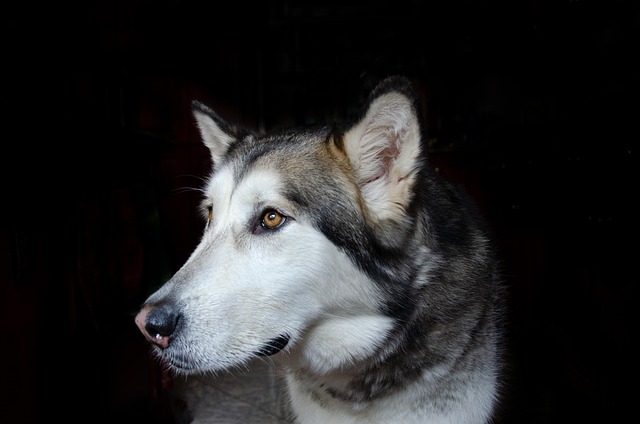
How do you treat gastrointestinal disease in dogs?
Gastrointestinal (GI) issues in dogs are more common than many new pet owners realize—they can pop up after a stolen table scrap, a sudden food switch, or even stress from a new apartment move.
Dogs, with their loyalty and enthusiasm, give us companionship and love without reservation, and become an indispensable family member in our lives. When they face health threats, we naturally hope to detect and help them in the first time. Cushing's disease, this "invisible killer" that quietly affects the health of dogs, knowing its early signs is of great significance to protecting the health of dogs.
From the most easily detected daily behavior habits, polydipsia and polyuria are the more prominent early symptoms of Cushing's disease in dogs. The dog, who used to drink water and urinate regularly, suddenly seems to have changed. Its demand for water has increased dramatically, and it keeps looking for water sources. The water in the water basin always runs out quickly. At the same time, the number of urinations has also increased significantly, and traces of its urine may be left in every corner of the house. This is because the hormone imbalance caused by Cushing's disease interferes with the normal water metabolism mechanism in the dog's body, the effect of antidiuretic hormone is inhibited, and the kidneys cannot effectively reabsorb water, causing the dog to drink water and urinate frequently. Seeing such changes in the dog, the owner is full of doubts and worries, worrying that the dog is not feeling well.
In terms of diet, abnormal changes in appetite are also a key signal. Dogs with Cushing's disease often have hyperphagia. They seem to never be full, and their desire for food becomes extremely strong. Whenever they see the owner holding food, they will immediately run over excitedly, staring at the food, wagging their tails and making anxious calls. Even if they have just finished a meal, they will soon show hunger again. This is because the disease speeds up the dog's metabolism and increases energy consumption. Although a large amount of food is consumed, the body cannot effectively use this energy, but muscle atrophy and weight loss instead of increase occur. The owner watched the dog desperately eat but did not gain weight, and his heart was full of anxiety and uneasiness.
 Abnormal manifestations of hair and skin should not be ignored. The dog's hair is no longer as smooth and shiny as before, but becomes dry and fragile. A light touch will make the hair feel rough and easy to break. Hair loss is also gradually becoming obvious, especially in the abdomen, legs and other parts, where the hair begins to become sparse. The skin also becomes fragile and sensitive, prone to various problems. The skin may become red and itchy, and the dog will scratch constantly, causing skin damage and scabs. Some dogs with healthy skin suddenly have frequent skin inflammations that are difficult to heal. These hair and skin problems not only greatly reduce the dog's appearance, but also make them suffer physical discomfort. The owner sees it in the eyes, feels pain in the heart, and is eager to find a solution.
Abnormal manifestations of hair and skin should not be ignored. The dog's hair is no longer as smooth and shiny as before, but becomes dry and fragile. A light touch will make the hair feel rough and easy to break. Hair loss is also gradually becoming obvious, especially in the abdomen, legs and other parts, where the hair begins to become sparse. The skin also becomes fragile and sensitive, prone to various problems. The skin may become red and itchy, and the dog will scratch constantly, causing skin damage and scabs. Some dogs with healthy skin suddenly have frequent skin inflammations that are difficult to heal. These hair and skin problems not only greatly reduce the dog's appearance, but also make them suffer physical discomfort. The owner sees it in the eyes, feels pain in the heart, and is eager to find a solution.
The dog's mental state and behavior will also change significantly. The originally lively and energetic dog gradually becomes lazy and sleepy. It no longer actively seeks the owner to play as before, and loses interest in the toys it likes. Every time I take it out for a walk, it always gets tired after walking for a while and wants to go home to rest. Even at home, it always lies in the corner, and its eyes have lost their former brilliance. This is because the physical burden brought by Cushing's disease makes the dog feel exhausted and has no energy to move as usual. The owner looks at the changes in the dog, and his heart is full of loss and worry, missing the once energetic little friend.
Changes in the abdomen are also an important early feature of Cushing's disease. The dog's abdomen will gradually become larger and rounder, like a bulging balloon. This is due to the redistribution of body fat, with a large amount of fat accumulating in the abdomen, and the liver may also swell due to the disease. Gently touch the dog's abdomen and it will feel harder than normal. The enlargement of the abdomen not only affects the dog's appearance, but also puts pressure on the internal organs, causing the dog to have problems such as shortness of breath and digestive disorders. When the owner finds that the dog's abdomen is abnormally bulging, he will become more aware that there is a serious problem with the dog's health, and his heart is full of anxiety and uneasiness.
In addition to the common symptoms mentioned above, the dog's immune system may also be affected. They may be more susceptible to illness, and diseases such as colds and respiratory infections frequently come to the door. Moreover, the recovery time after illness will also be longer, and minor illnesses that could have been cured quickly will now take more time and effort to treat. This is because Cushing's disease causes the dog's immunity to decrease and the body's ability to resist disease becomes weaker. Seeing the dog frequently fall ill, the owner will be particularly distressed and more eager to restore the dog to health.
When the dog shows these early signs, the owner must remain calm and pay great attention. Take your dog to a professional pet hospital for a comprehensive examination in time. Through professional means such as blood tests, urine tests, and endocrine function tests, you can accurately determine whether your dog has Cushing's disease. If unfortunately it is diagnosed, don't be discouraged. Actively cooperate with the veterinarian's treatment plan and give your dog more love and care. Although Cushing's disease is a serious disease, as long as we can detect and treat it early, it is possible to help dogs relieve symptoms, improve their quality of life, and let them continue to accompany us through a long and beautiful time. Let us use love and patience to escort the health of dogs and become their warmest and most solid support.

Gastrointestinal (GI) issues in dogs are more common than many new pet owners realize—they can pop up after a stolen table scrap, a sudden food switch, or even stress from a new apartment move.

It’s a common misconception that health problems only affect older dogs. The reality is that certain issues can appear at any stage of a dog’s life

I sat with my friend Tom in his backyard last weekend, watching his 10-year-old German Shepherd, Bear, doze in the sun. “I keep wondering how much time we have left

I stood in a pet store with my friend Jake last weekend, watching him stare at a wall of puppy products—his 10-week-old French Bulldog, Lola, was coming home in 3 days

Gastroenteritis can throw a wrench in your dog’s usual energy—one day they’re begging for table scraps, the next they’re turning away from their favorite kibble, or dealing with upset tummies.

I sat with my coworker Mike in the break room last week, as he flipped through a stack of dog food bags—his 9-year-old Lab, Duke, had just been diagnosed with early kidney disease